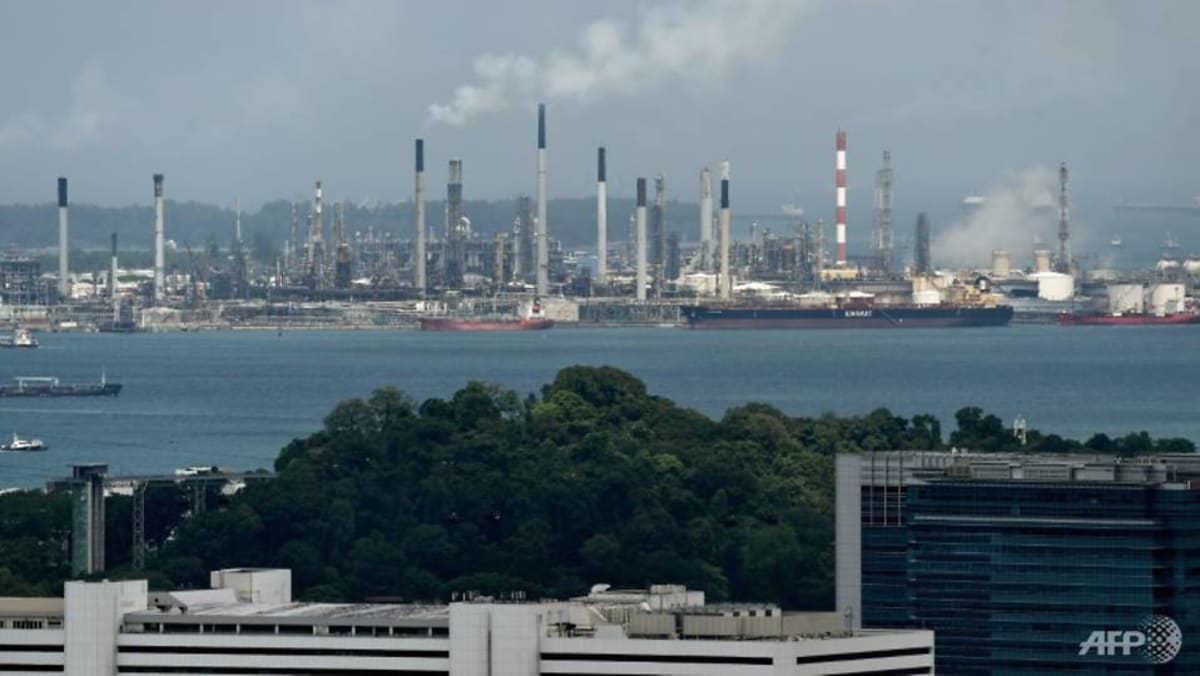Canada and Other Fossil Fuel Producers Widening Gap Between Output and Climate Targets
A new international report reveals that Canada and other major fossil fuel-producing countries are undermining global efforts to achieve critical climate change targets. The report indicates that projected 2030 production levels are more than double what is compatible with the Paris Agreement, highlighting a significant discrepancy between climate goals and production plans.
The Production Gap Report Findings
The Production Gap Report, produced by three climate research non-profits, states that while some nations are committed to clean energy transitions, others are reverting to "an outdated fossil-fuel dependent playbook." This collective failure to curb fossil fuel production necessitates steeper emission reductions in the future, making the transition more challenging and costly.
The report emphasizes that countries plan to produce 120% more fossil fuels in 2030 than aligned with a 1.5-degree warming limit and 77% more than what is compatible with a two-degree limit. This "production gap" between required cuts and planned output is larger than it was two years prior. Coal has the most significant gap, with 2030 production projected to be 500% above a 1.5-degree pathway and 330% above a two-degree pathway. Oil and gas production are also significantly higher than targeted levels.
Canada's Role in Fossil Fuel Production
Canada is identified as a major contributor to the production gap. Among the top 20 fossil fuel-producing countries, Canada’s planned increase in oil production by 2030, compared to 2023 levels, is only surpassed by Saudi Arabia, Brazil, the United States, and Nigeria. Canada is currently ranked among the top four oil producers, accounting for approximately 6.5% of global output.
According to Nichole Dusyk, a report contributor and senior policy advisor with the International Institute for Sustainable Development, the report likely underestimates Canada's contribution due to its reliance on 2023 energy forecasts, which predate the approval of several new liquefied natural gas projects. She added that Canada’s simultaneous scaling back of key climate policies exacerbates the problem.
Canadian Climate Policy and Infrastructure
Recent policy shifts in Canada, including the repeal of the consumer carbon price and the pause on the electric vehicle sales mandate by Prime Minister Mark Carney, further raise concerns. The future of the federal policy aimed at capping emissions in the oil and gas sector is also uncertain, facing strong opposition from Alberta and oil industry groups.
The report also specifically calls out Canada for investing billions in the purchase and construction of the Trans Mountain pipeline, underscoring the country's continued support for fossil fuel infrastructure. “We are continuing to fuel climate change,” said Dusyk, emphasizing that Canadians are already experiencing the consequences through increased heat waves, floods, droughts, and wildfires.
Positive Trends and Renewable Energy
Despite the concerning findings, the report highlights promising trends in clean energy technology, particularly in solar, batteries, and electric vehicles, which are experiencing accelerating deployment and decreasing production costs. The cost of renewable energy has decreased dramatically, making it the cheapest form of new electricity generation in much of the world.
 Visit the website
Visit the website





